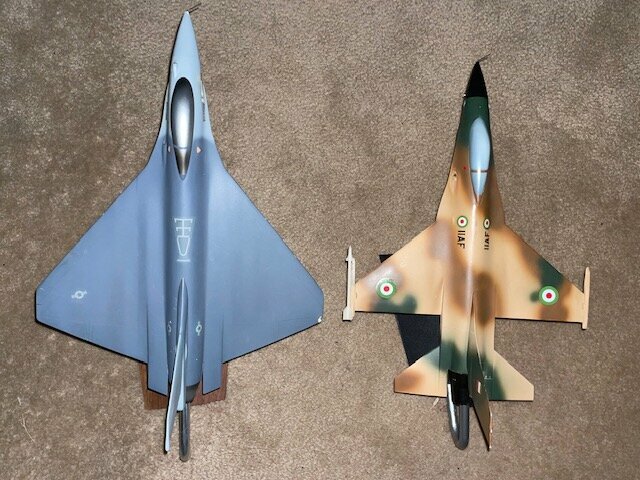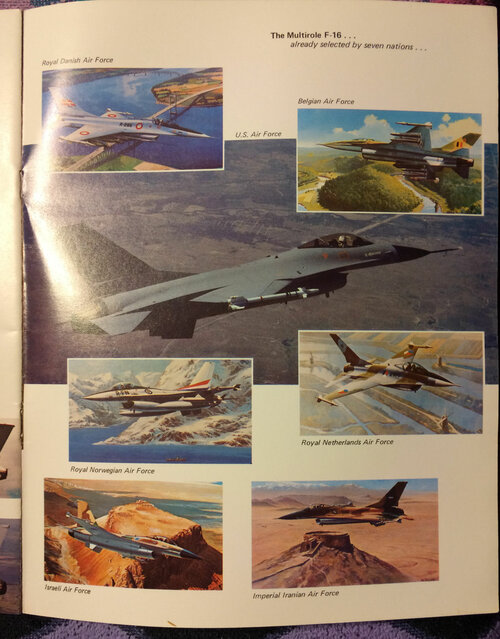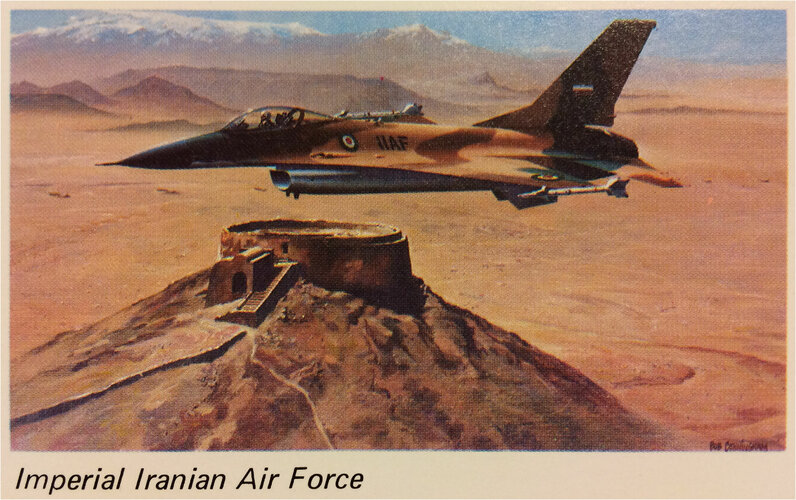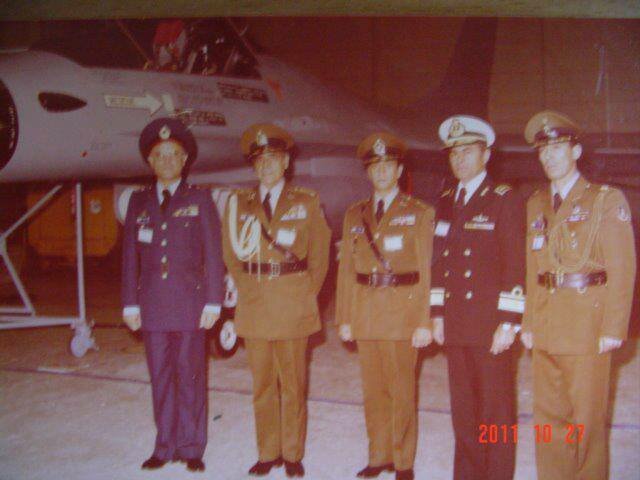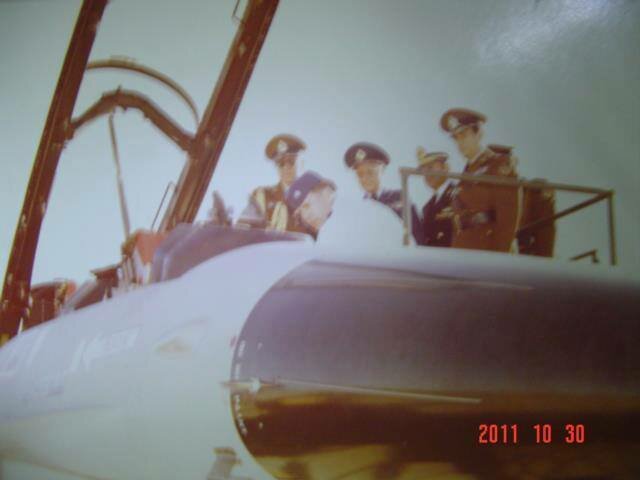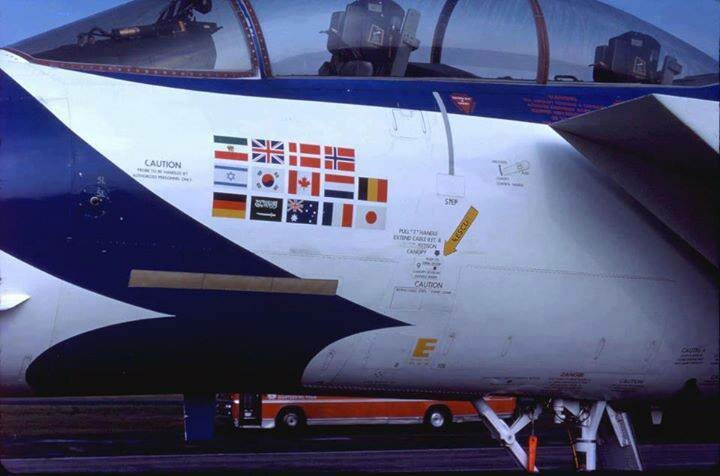A lot of this scenario depends on how and why the revolution is averted. It looks very different if it comes about from a stronger security crackdown in 1977-1978 than if it's better investment of oil revenues in 1973, a better managed White Revolution in 1963, or a totally different tack taken during and after the Iranian oil crisis and associated coup of 1951-1953.
FWIW, my view is:
- The 1951-1953 change gives a fundamentally different global situation.
- The White Revolution change is probably the most promising for turning Iran into a liberal Westernised state, by modernising the economy and reducing the influence of Islamic clerics in civil society.
- The 1973 oil investment change is as late as you can go and significantly change the trajectory for Iran; it can be stabler and richer if money is put into the economy instead of arms, and that's likely to be enough to avoid revolution.
- A stronger crackdown in 1977 at best buys the regime time for Mohammed Reza to occupy the throne as he dies, and may allow for a peaceful transition away from absolute power if his son is smart about it.
No may about that. I fully expect Iran, India, Pakistan, Iraq, and Saudi to have nukes in this scenario.
India and Pakistan are givens. The question is whether the three Gulf powers nuclearise - if they do, it's almost certainly all three, and I suspect that Israel openly becomes a nuclear state too. Of the three, I suspect Iraq goes first, seeing nuclear weapons as a way to contain Iran, prompting Iran to realise a 'virtual' capability and Saudi Arabia to call in Pakistan's side of their deal.
Reza is 20 year old in 1980, given his age he is not likely to have the influence 9f his father in government even if he wants to.
The question is, if Reza II Shah has less influence, who has more influence?
If it's senior figures from Mohammed Reza's government, there's likely to be little change. If it's a reaction against his father's government, it's likely to be Islamist (in which case a less extreme version of OTL) although a left-leaning group may become dominant. The US can probably work with an Islamist group, but will completely lose its mind over a leftist group.
Alternatively, if Mohammed Reza can hang on a couple more years, Reza II may be able to transition into power without too much trouble. He does seem to be more reform-minded than his father, though of course a lot of his vies today will have been coloured by the experience of revolution and exile.
As US military planners faced the potential horror of trying to stop a Soviet push to the Gulf. WWIII seemed to be very close indeed.
It should be remembered that the primary reason for Mohammed Reza's arms buildup was that he thought a Soviet push to the Gulf was likely in the 1980s, and anticipated that Western military aid wouldn't be available in sufficient speed and strength to fight it off. That's why it seemed so excessive for a Gulf state: the goal was to pose a near-peer threat to the Soviet Union.
With the Shah still upon the Peacock Throne, Iran is no weak point in the US global order, Afghanistan is unlikely to fall as the Shah would surge forces across the boarder with Western support. The Soviet backed coup would fail.
I'm not sure I'd put it quite that strongly, but I'd certainly expect the Iranian regime to use the coup and invasion as evidence to support their military buildup, and more support to the Shia and ethnically Iranian elements of the mujahideen.
Saddam was a lifeline with the fall of the Shah. He's unnecessary to US goals if the Shah remains.
What happens with Iraq is a real keystone issue here. AFAIK, there was a shift away from the USSR towards the West through the later 1970s, which I'd expect to continue. But without the Iranian revolution, the weakness that allowed for the Iran-Iraq war doesn't take place. That means a lot less economic damage to both countries. It may also mean that Saddam doesn't become quite so dictatorial.
The same can be said of Saudi Arabia, though to a lesser extent, which hugely shifts the dynamic through the 1980s and 1990s. It'll just be one of several US allies in the region, rather than a vital ally against Iran and Iraq. Also: no Iran-Iraq war means no Iraqi invasion of Kuwait, no US forces in Saudi Arabia, and no 9/11.
The Kurdish situation would be interesting - I'm guessing the 1976-1979 Iraqi-Kurdish conflict keeps going rather than dying down as the emphasis of Kurdish insurgents moves to post-revolutionary Iran. While it would weaken Iraq, I doubt it's in Iran's interests to support the insurgency due to the risk of spillover into their own territory.






